Every parent knows well the sound of a toddler’s cries. Whether it’s a sudden outburst in the park or tears at mealtime, these moments leave parents feeling unsure of what to do and overwhelmed. But understand that a cry isn’t just a noise, it’s a way of communication. Toddlers don’t have the words or coping strategies adults have, so they are learning to navigate their feelings without them. That’s why understanding toddlers’ emotions is essential. When we begin to see tantrums, crying, and other emotional outbursts as signals rather than misbehavior, we can respond with guidance and empathy.
In this article, we’ll explore why toddlers cry, how emotions shape their behavior, and what parents can do to help them regulate emotions. We’ll also cover approaches to toddler behavior management, everyday practices, and calming techniques that nurture emotional growth.
Why Toddlers Cry: The Language of Emotions
Crying is one of the most important tools of communication for young children. Since toddlers are still developing their self-regulation skills and vocabulary, crying becomes their way of expressing sadness, frustration, tiredness, hunger, or even overstimulation.
Research in child development emphasizes that toddlers’ brains are still under construction, particularly the prefrontal cortex, which regulates emotions and impulses (Harvard Center on the Developing Child, 2016). This means emotions are raw, intense, and often difficult for them to control.
Instead of labeling a crying toddler as “difficult,” try to recognize what they are signaling towards; it may be a physical, emotional, or social need. Understanding this perspective makes it easier to respond appropriately and calmly.
Also read about: Tantrum Taming: How to Handle Toddler Meltdowns Calmly
Toddler Emotional Development: A Work in Progress

Toddlers experience a whirlwind of emotions each day. From frustration when things don’t go well to excitement over small things, their inner world is constantly changing.
Psychologists explain that between the ages of 1 and 3, children move from experiencing emotions instinctively to beginning to understand them (Thompson & Lagattuta, 2006). At this stage, kids often feel emotions intensely but lack the coping mechanisms to manage them. This is why parents witness frequent outbursts.
Key aspects of toddler emotional development include:
- Separation anxiety: fear of being away from caregivers can spark tears.
- Learning empathy: toddlers begin noticing others’ emotions, while they are themselves in early stages, and sometimes imitate comforting behavior.
- Emerging independence: Toddlers want to do things on their own, but failure often leads to frustration.
- Desire for control: limited autonomy and especially vocabulary can cause meltdowns when things go unplanned.
Recognizing that these behaviors are developmental milestones, not defiance, changes the way parents respond.
How to Help Toddlers Regulate Emotions
Helping toddlers regulate emotions doesn’t mean avoiding every tantrum and stopping their tears. It means teaching them skills to manage big feelings healthily and safely.
Research highlights that co-regulation, where a caregiver helps a child calm down, plays an effective role in the development of emotions. Over time, toddlers learn self-regulation by practicing these strategies with parental guidance.
Practical Ways to Tackle a Toddler’s Emotional Outburst:
- Offer comfort: soothing tones, hugs, and gentle presence calm their nervous system.
- Name the feeling: saying “I see you are angry” helps toddlers connect words with emotions.
- Teach calming strategies: listening to soft music, cuddling a soft toy, or deep breathing can help them to self-soothe.
- Create routines: predictable schedules create a sense of ease and order for toddlers.
- Provide choices: giving small choices reduces frustration and builds a sense of control.
Parents lay the foundation for strong emotional regulation skills by consistently responding with empathy, especially in late childhood.
Toddler Behavior: The Link Between Emotions and Actions

Emotions greatly influence a toddler’s behavior. A tired child may refuse to share the toys. A hungry one may throw toys. Emotional regulation skills (or the lack of them) drive much of what parents perceive as “behavior problems”.
Studies show that children who learn emotional-regulation skills early on tend to have better academic performances, mental health outcomes, and emotional-regulation as they grow (Graziano et al., 2007). This highlights why managing toddler behavior is about teaching emotional intelligence and not just about discipline.
Instead of punishing meltdowns, parents can view them as teaching options. For example, if a toddler breaks a toy when frustrated, caregivers can validate the feeling (“You’re upset”) while redirecting the behavior (“Hands are not for breaking the toy, let’s clap instead”). This approach balances guidance with empathy.
Toddler Behavior Management: Gentle and Effective Approaches
Toddler behavior management works best when it is rooted in consistency, patience, and positive response. While gentle discipline teaches children healthy coping mechanisms, traditional punishments often escalate their emotions and make the situation worse.
Evidence-based strategies include:
- Redirection: guiding toddlers towards new activities helps them move past frustration.
- Clear boundaries: consistent rules make them feel secure and reduce overwhelm.
- Positive reinforcement: attention and praise for good behavior encourage repetition.
- Modeling calmness: mimicking adults is a toddler’s favourite thing. Stay calm, this teaches them to do the same.
A 2014 study in child development showed that toddlers who had supportive parents displayed better emotional regulation skills and lower stress response later in life. This reinforces the idea that behavior management should focus on teaching, not punishment.
Read about: Positive Discipline for Toddlers: Tips That Work
How to Calm a Toddler During Emotional Outbursts

The most common question of parents is: How do I calm my toddler in the middle of a meltdown? Keep in mind every child is different, but certain calming strategies have been found effective:
- Use touch: physical touch like hugging, holding, or patting reassures them.
- Stay calm yourself: a calm presence helps regulate your toddler’s emotions.
- Wait it out: some meltdowns need time. Stay nearby to show support without adding pressure.
- Get down to their level: a gentle tone and eye contact strengthen the parent-child relationship.
- Distract with play: sometimes shifting focus to a favorite game or toy works wonders.
Research greatly supports the idea that toddlers rely on caregiver cues to self-soothe. When parents remain patient, children feel safe enough to reach out to them in case their emotions are overflowing.
Encouraging Emotional Growth Through Everyday Activities
Helping toddlers manage their emotions can be integrated into daily life in playful, simple ways, like:
Reading books about feelings introduces vocabulary for emotions.
Pretend play allows toddlers to act out different scenarios and feelings.
Art and drawing help express emotions nonverbally.
Singing songs with emotional themes (happy, sad, angry) helps toddlers connect moods with words.
Emotion plush toys that change facial expressions make it easier for kids to recognize feelings.
Feelings flashcards give toddlers visual prompts to practice naming emotions.
Magnetic mood charts let toddlers place their “feeling of the day” on the fridge.
Interactive storybooks with sound buttons enhance the learning of emotional tones.
Calm-down bottles or glitter jars provide a soothing way to process big emotions.
Studies show that children who are regularly exposed to conversations about emotions develop stronger emotional intelligence and face fewer breakdowns. Making emotional learning fun not only reduces crying spells but also builds lifelong skills.
Common Toddler Behavior Issues and How to Respond

Some toddler behaviors are extremely challenging for parents, but understanding the emotional roots helps address them more effectively:
- Hitting or biting: often related to limited vocabulary. Redirect them and teach alternative expressions.
- Separation anxiety: offer gradual exposure and comforting routines.
- Tantrums: usually triggered by overstimulation, frustration, or unmet needs. Respond with calm reassurance.
- Refusal to share: It’s a normal developmental stage. Modal sharing rather than forcing it.
These emotions are the stepping stones in emotional growth, not the signs of “bad behavior”. Patience and gentle consistency make the biggest difference.
Check out: Toddler Milestones by Age: What to Expect and When
Conclusive Thoughts:
Toddler emotions can feel overwhelming for both the child and the parent. But crying, tantrums, and emotional outbursts are natural parts of development. Understanding toddler emotions means recognizing that these behaviors are communication, not defiance. By responding with empathy, teaching emotional regulation skills, and managing toddler behavior calmly, parents can nurture emotional intelligence and resilience in their little ones.
The journey isn’t about stopping the tears; it’s about guiding toddlers to understand and manage their feelings. And when parents embrace this perspective, they don’t just calm the meltdown; they build a strong emotional foundation for the future.
Frequently Asked Questions:
1. Is it normal for toddlers to cry every day?
Yes. Daily crying is normal because of a limited vocabulary. Toddlers use crying to express their unmet needs. As language and communication skills develop, crying usually decreases.
2. At what age do toddlers learn to regulate emotions better?
Most toddlers start showing improved emotional regulation around ages 3 to 4. However, development continues throughout childhood.
3. Should I ignore tantrums to teach discipline?
Completely ignoring tantrums develops a feeling of abandonment in children. Instead, keep yourself calm, stay nearby, validate feelings, and guide them toward healthier coping mechanisms.
4. What role do diet and sleep play in emotional regulation?
Poor sleep and irregular meals can worsen emotional outbursts and toddler behavior. Maintaining routines and eating a proper meal significantly reduces breakdown.
5. Can teaching emotions early prevent future behavior issues?
Yes. Research shows that emotional coaching in early years leads to fewer behavior problems and stronger social skills later in childhood.


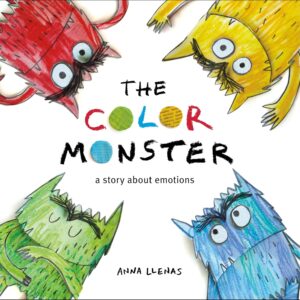

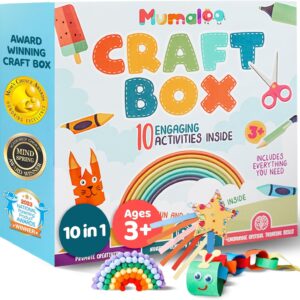
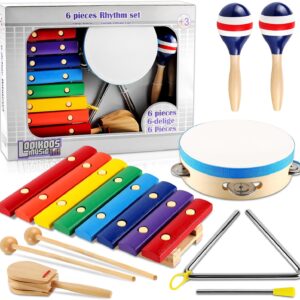
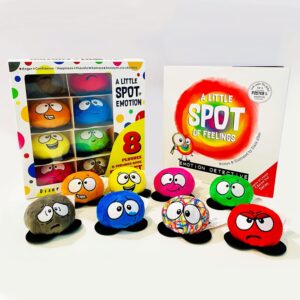
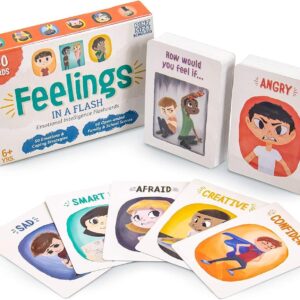
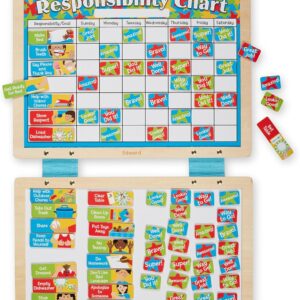
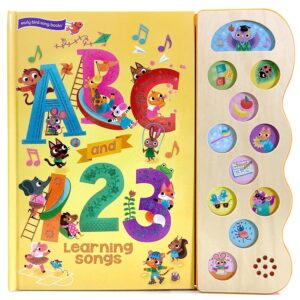
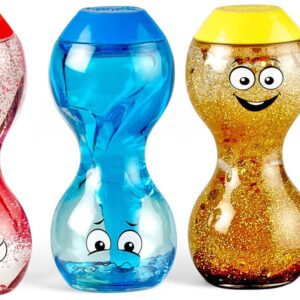
Add Comment